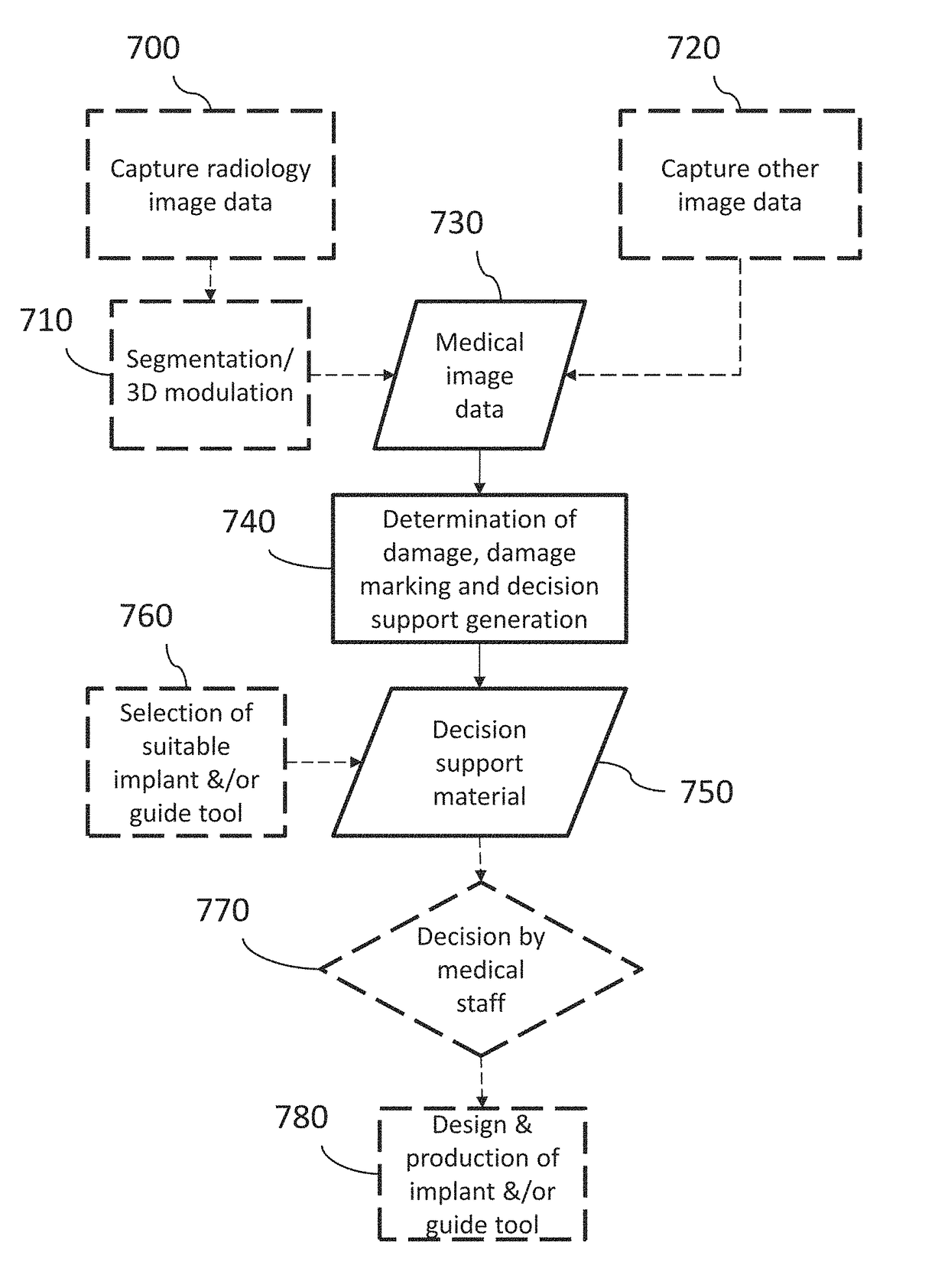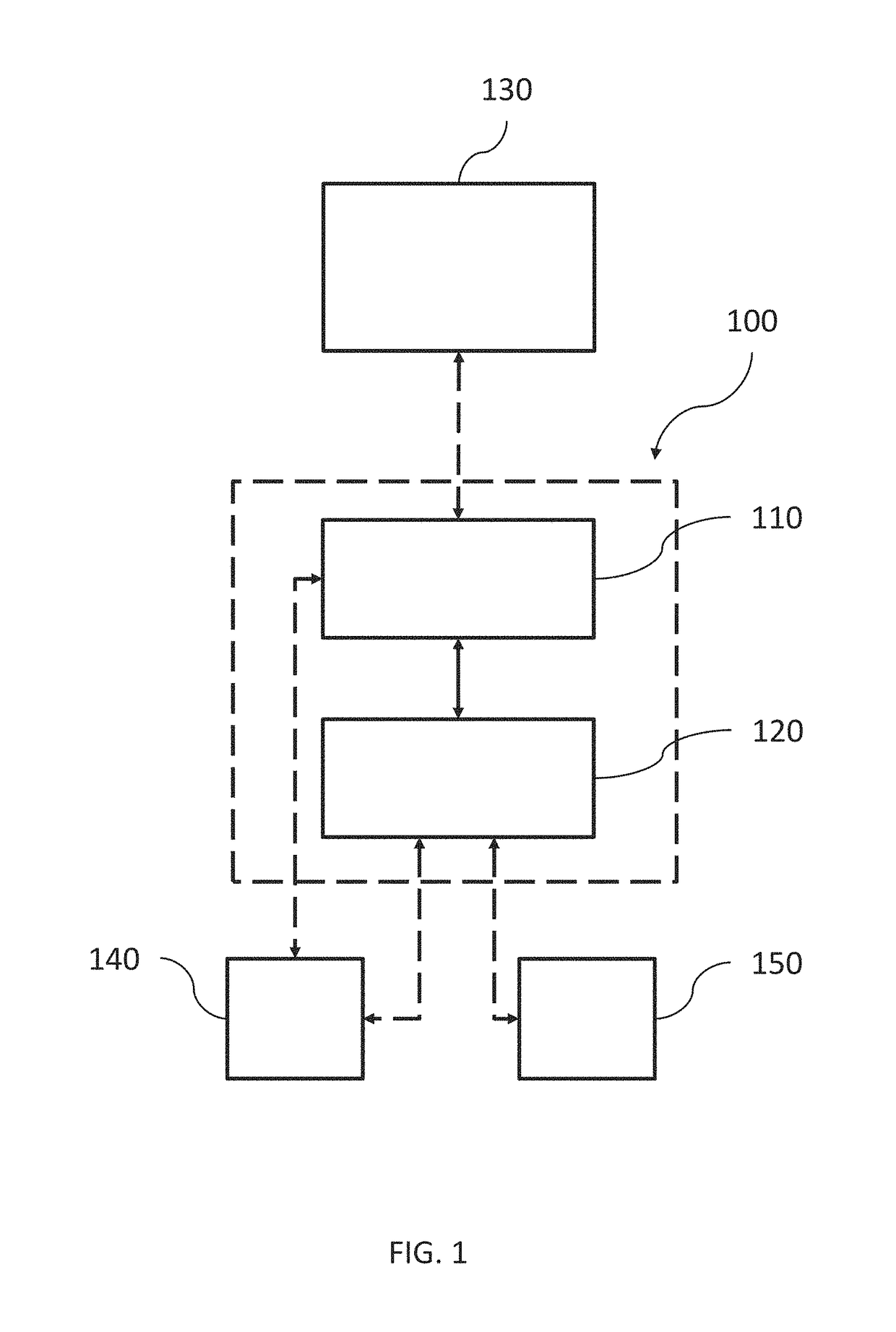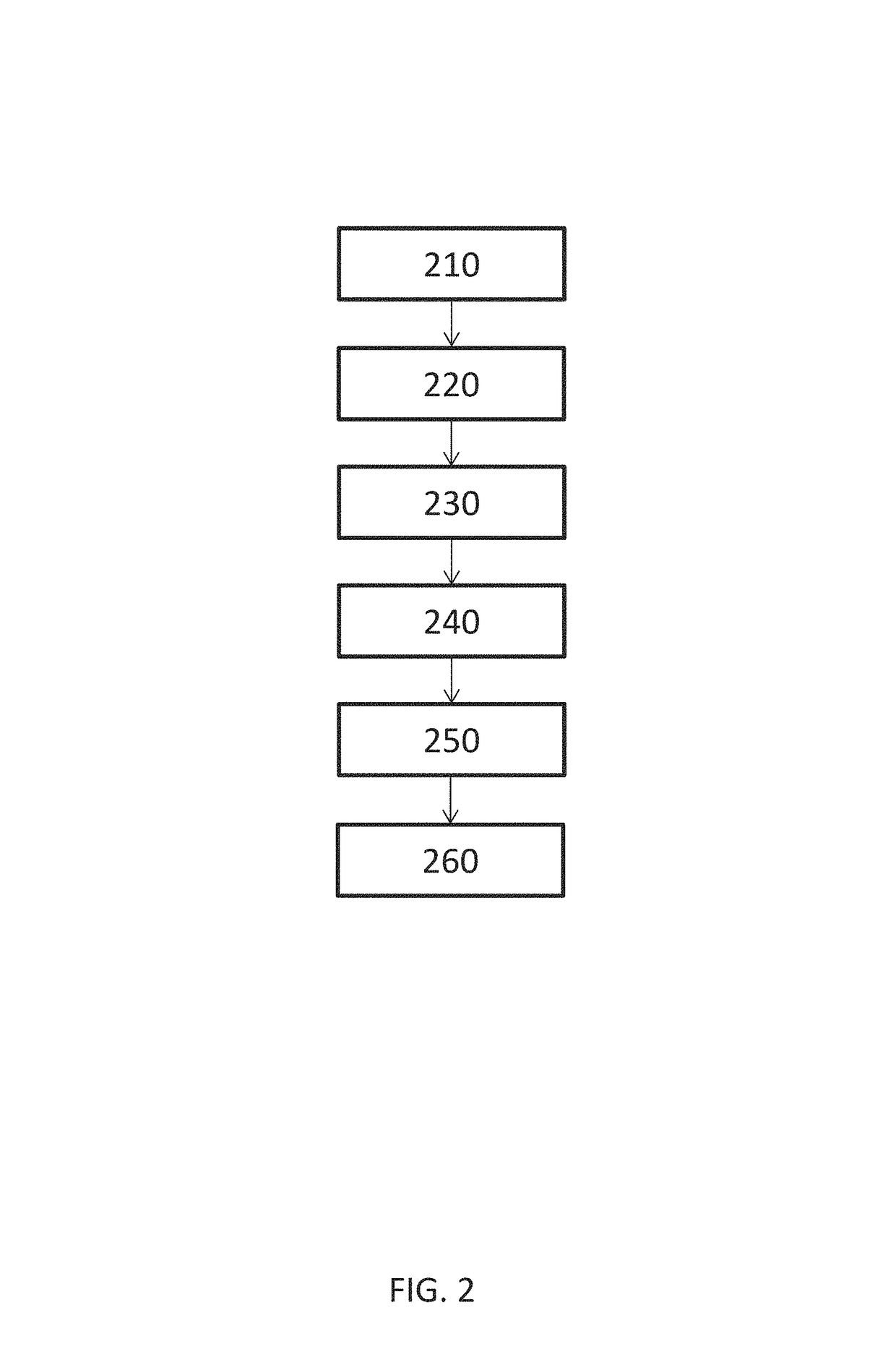System and method for creating a decision support material indicating damage to an anatomical joint
a decision support and anatomical joint technology, applied in the field of systems and methods for creating decision support materials, can solve the problems of not being able to judge the extent of the damage to the joint using just bml detection, and not being able to draw definite conclusions regarding the cartilage status or the functioning of the joint, etc., to achieve the effect of simplifying the marking process
- Summary
- Abstract
- Description
- Claims
- Application Information
AI Technical Summary
Benefits of technology
Problems solved by technology
Method used
Image
Examples
use case embodiment
[0125]To set the presently disclosed methods and systems in a larger context, the damage marking and the generation of one or more damage images, and / or damage report, according to any of the disclosed embodiments, may in use case embodiments be preceded by capturing and / or obtaining medical image data representing an anatomical joint or part of it, and may further be followed by actions to be taken in view of repairing any determined damage.
[0126]FIG. 7 is a flow diagram exemplifying one such larger context, including obtaining medical image data from an image source, determining damage to a depicted anatomical joint and generating a damage image or damage report in accordance with one or more embodiments described herein. FIG. 7 further includes steps of designing and producing an implant and / or guide tool suitable for repairing a determined damage in an anatomical joint. In FIG. 7, everything except the determination of damage, damage marking and decision support material generat...
PUM
 Login to View More
Login to View More Abstract
Description
Claims
Application Information
 Login to View More
Login to View More - R&D
- Intellectual Property
- Life Sciences
- Materials
- Tech Scout
- Unparalleled Data Quality
- Higher Quality Content
- 60% Fewer Hallucinations
Browse by: Latest US Patents, China's latest patents, Technical Efficacy Thesaurus, Application Domain, Technology Topic, Popular Technical Reports.
© 2025 PatSnap. All rights reserved.Legal|Privacy policy|Modern Slavery Act Transparency Statement|Sitemap|About US| Contact US: help@patsnap.com



